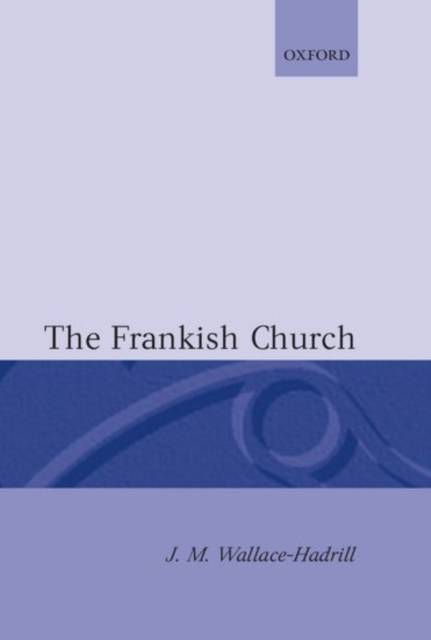
- Retrait gratuit dans votre magasin Club
- 7.000.000 titres dans notre catalogue
- Payer en toute sécurité
- Toujours un magasin près de chez vous
- Retrait gratuit dans votre magasin Club
- 7.000.0000 titres dans notre catalogue
- Payer en toute sécurité
- Toujours un magasin près de chez vous
Description
This survey of the development of the Frankish Church under the Merovingian and Carolingian kings (approximately AD 500 - 900) is the first of its kind to appear in English. It is not a story of unimpeded advance towards the Church of medieval France but rather of painful adaptation. It takes account of unsolved problems: the reaction of the Church to heresy, to Judaism, to the Frankish ethos of marriage, and to the conversion of peoples outside Francia itself. Special attention is paid to the intellectual interests of churchmen and to the role of the vernacular in transmitting the Christian message to clergy and laity whose Latin was negligible or nil. Much turned on the authority of a succession of rulers who combined deep piety with material needs that were inimical to the Church's position as a great landowner. The advance of the Church was thus hesitant and often baulked. What emerges is the Churchmen's increasing resolve to unite against the pressures of lay domination, and to press forward with their basic duties as converters and teachers.
Spécifications
Parties prenantes
- Auteur(s) :
- Editeur:
Contenu
- Nombre de pages :
- 472
- Langue:
- Anglais
- Collection :
Caractéristiques
- EAN:
- 9780198269069
- Date de parution :
- 02-02-84
- Format:
- Livre relié
- Format numérique:
- Genaaid
- Dimensions :
- 158 mm x 236 mm
- Poids :
- 807 g

Les avis
Nous publions uniquement les avis qui respectent les conditions requises. Consultez nos conditions pour les avis.






